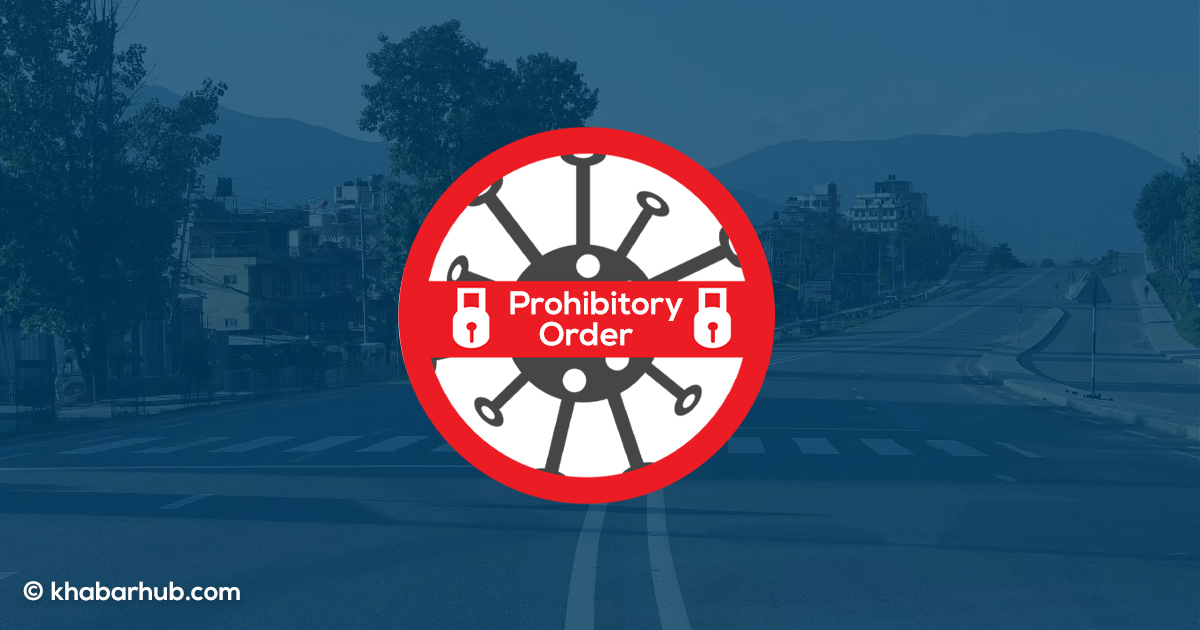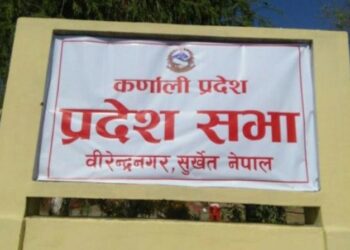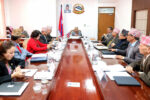KATHMANDU: The prohibitory order imposed in Kathmandu valley is likely to be extended by one more week.
Preparations have been made to prolong the prohibitory order by one week to reduce the coronavirus infection rate in the Valley. Chief District Officers (CDO) of the Valley are set to hold a meeting Tuesday in this regard.
Chief District Officer of the District Administration Office, Kathmandu, Kali Prasad Parajuli said that they are preparing to extend the order for one week considering the dire situation of the second wave of coronavirus infection. “It simply came to our notice that the transition rate in the valley has not decreased yet. The one-week prohibitory order will be even stricter now, “said Parajuli.
“Vegetable shops are more crowded in the morning. We are doing our homework on how to manage it during order.” The administration has focused on how to reduce the infection rate by reducing the congestion in the food shops that are open till 10 in the morning.
According to Parajuli, the administration is discussing reducing the current presence in banks, financial institutions, and government offices. “Now there will be a discussion on how to stop the infection rate by tightening the one-week order. The matter will be discussed at the Ministry of Home Affairs, ”said Parajuli. Not only this, an ordinance has also been issued to prevent and coronavirus infection.
Initiatives to control infectious diseases as per the ordinance will be stricter. According to Parajuli, the ordinance has also increased the scope of action and fines. The CDO can send violaters for up to 1 year in prison or charge them Rs 100,000 to 500,000 in fine as mandated by the ordinance.
Lalitpur Assistant Chief District Officer Lalit Kumar Basnet says that the infection rate in the valley has decreased recently. He says he is doing his homework to extend the order for a week as the infection rate has not dropped as much as it should.
“The transition rate in the Kathmandu Valley has not decreased yet. That’s why we have to continue the prohibitory order, “he said.









Comment